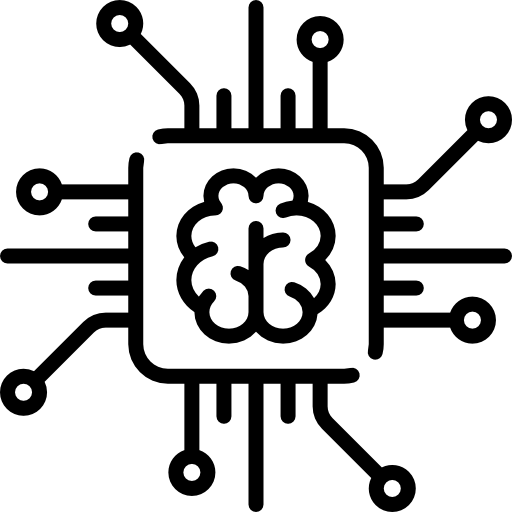Research
Our research is rooted in the realm of pervasive intelligence, exploring how ubiquitous computing and ambient intelligence can seamlessly integrate with our daily lives, creating smart environments that respond intuitively to human needs. Our expertise extends to distributed systems and digital twins, where we explore the intricacies of decentralized computing, ensuring robustness, scalability, and efficiency in networked environments.
In the realm of software engineering, the fusion of Digital Twins and Internet of Things (IoT) heralds a transformative era. Digital Twins, virtual replicas of physical entities, converge with IoT’s interconnected sensors to create real-time, data-driven simulations. This synergy empowers software engineers to optimize system performance, predict behavior, and facilitate proactive maintenance. The marriage of Digital Twins and IoT exemplifies a paradigm shift, enhancing software engineering’s ability to craft intelligent, adaptive solutions in the digital landscape.
How to coordinate at best a set of autonomous software entities that need to achieve a collective goal, without centralised supervision? This is the question that our research in adaptive, self-organising, decentralised coordination mechanisms seeks to answer.
Distributed system research, at the forefront of modern software engineering, delves into the dynamic realm of microservices and Kubernetes orchestration. Microservices, breaking down monolithic architectures, enhance scalability and agility. Kubernetes, an open-source container orchestration platform, seamlessly manages microservices, ensuring robust deployment and scaling. This symbiotic relationship between microservices and Kubernetes exemplifies the cutting-edge landscape of distributed systems, propelling software engineering into a new era of flexibility and efficiency.
In the dynamic realm of Internet of Things (IoT), the integration of data analysis, machine learning, and artificial intelligence (AI) has become a cornerstone for innovation. Data analysis sifts through vast IoT datasets, extracting valuable insights. Machine learning algorithms, fueled by this data, empower IoT systems to evolve and adapt intelligently. Artificial intelligence, in turn, orchestrates seamless decision-making, enabling IoT devices to learn, predict, and optimize functionality. This convergence amplifies the potential of IoT, paving the way for a smarter, more efficient inte...
Research on federated learning involves exploring the forefront of machine learning and decentralized computing. This innovative approach distributes model training across multiple devices while safeguarding individual data privacy. Researchers focus on developing algorithms, communication protocols, and security measures to enable collaborative learning without compromising privacy. The aim is to address challenges like model aggregation and communication overhead, paving the way for efficient, privacy-preserving federated learning systems that have the potential to reshape the landscape o...




